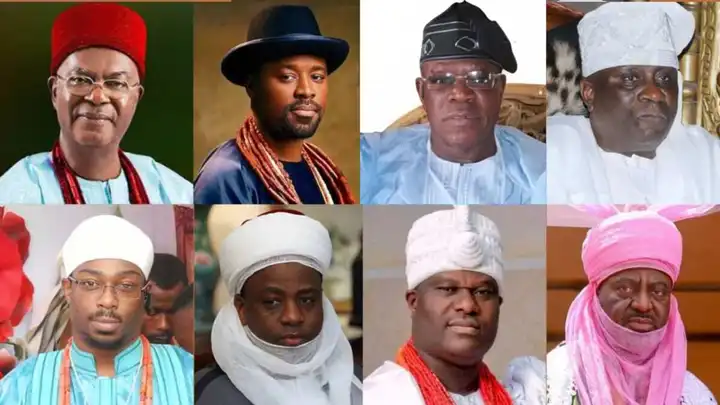
Introduction
Nigeria, a vibrant and diverse nation, is home to a rich tapestry of cultures and traditions. One of the most prominent aspects of this cultural heritage is the institution of traditional rulership. At the pinnacle of this hierarchy are the first-class kings, revered figures who hold significant influence in their respective domains.
In this article, we’ll embark on a journey to explore the ranking of Nigeria’s first-class kings, delving into the factors that determine their status and the historical significance of their roles.
Understanding First-Class Kings
Before we dive into the rankings, let’s clarify what it means to be a first-class king in Nigeria. These are traditional rulers who occupy the highest position in their respective kingdoms. They are typically recognized by the state government and often enjoy certain privileges and responsibilities.
Factors Determining Ranking
The ranking of first-class kings is influenced by several factors, including:
- Historical Significance: The age and historical importance of the kingdom play a crucial role. Kingdoms with a long and illustrious history often have their rulers ranked higher.
- Geographical Extent: The size and population of the kingdom can also be a factor. Larger kingdoms with a significant population may have their rulers ranked higher.
- Political Influence: The political influence wielded by a king within their domain and at the state level is another important consideration.
- Cultural Significance: The cultural significance of the kingdom and its ruler can also impact their ranking.
Read To Eat or Not to Eat: What Happens When You Ignore Hunger Cues?
Ranking the First-Class Kings
While it’s challenging to definitively rank all the first-class kings in Nigeria due to varying factors and regional nuances, here’s a general overview of some of the most prominent figures:
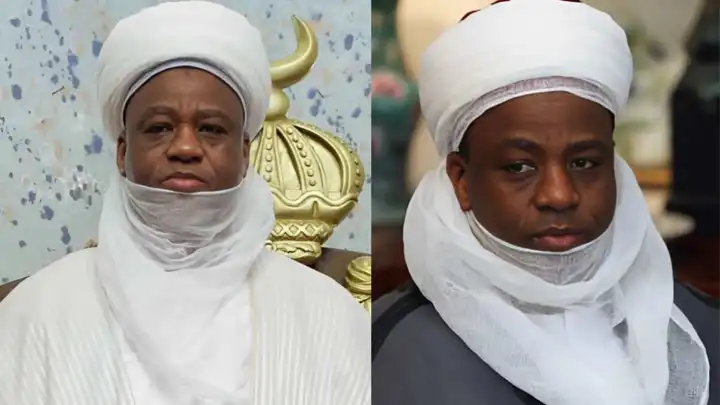
1. The Sultan of Sokoto
- Historical Significance: The Sultanate of Sokoto was once one of the largest empires in West Africa, founded in the 18th century by Usman dan Fodio.
- Geographical Extent: The Sultanate covers a vast area of northern Nigeria and parts of neighboring countries.
- Political Influence: The Sultan of Sokoto is considered the spiritual leader of Nigerian Muslims and holds significant political influence, especially in the north.
- Cultural Significance: The Sultanate is a major center of Islamic culture and education in Nigeria.
Read The Black Death: Catalyst for Transformation
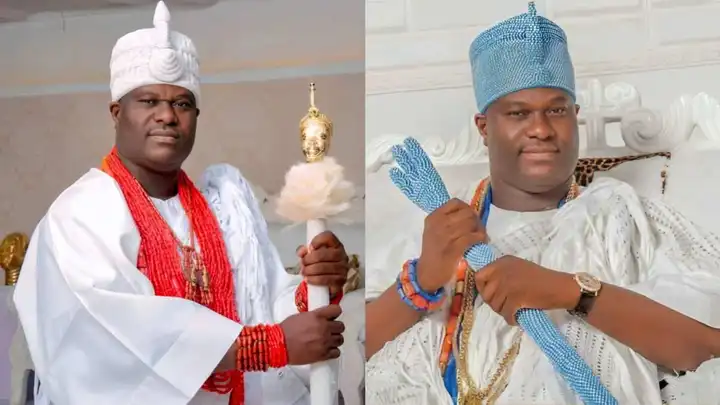
2. The Ooni of Ife
- Historical Significance: Ife is believed to be the cradle of Yoruba civilization, and the Ooni is considered the progenitor of all Yoruba kings.
- Geographical Extent: The Ooni’s domain is primarily in Osun State, but he has a significant following among Yoruba people worldwide.
- Political Influence: While the Ooni’s political influence has declined over time, he remains a respected figure in Nigerian politics.
- Cultural Significance: The Ooni is a custodian of Yoruba culture and tradition, and his palace is a major center of artistic and religious activity.
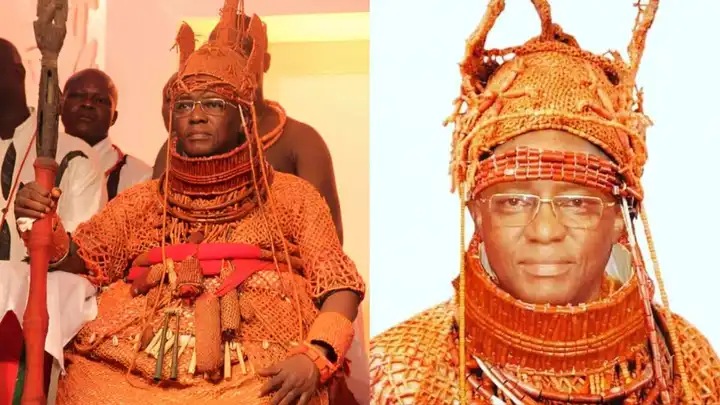
3. The Oba of Benin
- Historical Significance: The Kingdom of Benin was a powerful empire in the 15th and 16th centuries, known for its bronze sculptures and intricate beadwork.
- Geographical Extent: The Oba’s domain is primarily in Edo State.
- Political Influence: The Oba of Benin has a significant role in local governance and is often consulted on important matters.
- Cultural Significance: The Oba is a custodian of Benin’s rich cultural heritage and is responsible for preserving the kingdom’s traditions and customs.
Read Top 10 Unique Places in the World
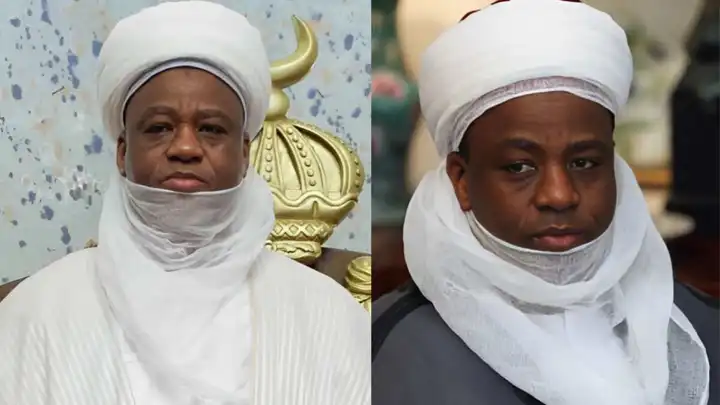
4. The Emir of Kano
- Historical Significance: The Emirate of Kano is one of the oldest and most influential emirates in northern Nigeria.
- Geographical Extent: The Emirate covers a large area of Kano State.
- Political Influence: The Emir of Kano has a significant role in local governance and is often consulted on important matters.
- Cultural Significance: The Emirate is a major center of Islamic culture and education in northern Nigeria.
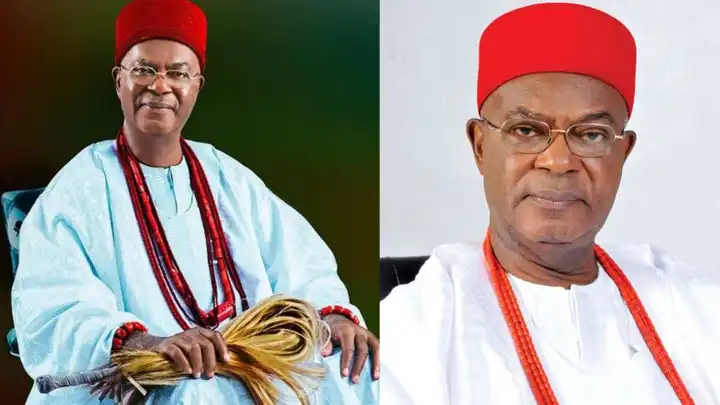
5. The Obi of Onitsha
Cultural Significance: The Obi is a custodian of Igbo culture and tradition, and his palace is a major center of religious and social activity.
Historical Significance: Onitsha was a major trading center in the pre-colonial era, and the Obi was a powerful ruler.
Geographical Extent: The Obi’s domain is primarily in Anambra State.
Political Influence: The Obi of Onitsha has a significant role in local governance and is often consulted on important matters.
Note: This is not an exhaustive list, and there are many other first-class kings in Nigeria who hold significant influence in their respective domains.
Honorary Mentions: Other Notable First-Class Kings in Nigeria
While the kings mentioned earlier are widely recognized as the most influential, there are several other first-class kings who deserve honorable mention due to their historical significance, cultural impact, or unique roles within their respective domains:
- The Emir of Gombe: The Emirate of Gombe is a prominent emirate in northeastern Nigeria, and the Emir plays a significant role in the region’s affairs.
- The Oba of Lagos: The Oba of Lagos is the traditional ruler of Lagos State, one of Nigeria’s most populous states. He has a significant role in promoting economic development and social welfare.
- The Amanyanabo of Brass: The Amanyanabo of Brass is the traditional ruler of the Brass people in Bayelsa State. He is known for his role in preserving the region’s cultural heritage and promoting tourism.
- The Deji of Akure: The Deji of Akure is the traditional ruler of Akure, the capital of Ondo State. He has a significant role in promoting education and economic development in the region.
- The Tor Tiv: The Tor Tiv is the traditional ruler of the Tiv people, one of the largest ethnic groups in Nigeria. He has a significant role in promoting peace and unity among the Tiv people.
These are just a few examples of the many other first-class kings who contribute to the rich cultural tapestry of Nigeria. Each of these kings has a unique history and plays a vital role in their respective communities.
The Role of First-Class Kings in Modern Nigeria
Despite the passage of time and the rise of modern governance, first-class kings continue to play a vital role in Nigerian society. They serve as custodians of tradition, cultural ambassadors, and community leaders. They often play a mediating role in resolving disputes and promoting peace and harmony within their domains.
Conclusion
The institution of traditional rulership in Nigeria is a testament to the country’s rich cultural heritage. The first-class kings, as the highest-ranking traditional rulers, hold a unique position in Nigerian society. Their influence extends beyond their respective domains, shaping the nation’s cultural landscape and contributing to its overall development.
FAQs
- What is the difference between a first-class king and a second-class king in Nigeria?
- First-class kings hold the highest position in their respective kingdoms, while second-class kings are ranked below them.
- How are first-class kings chosen?
- The process of choosing a first-class king varies from kingdom to kingdom. It often involves traditional rituals, family lineage, and community consensus.
- Do first-class kings have any political power in modern Nigeria?
- While they may not have direct political power, first-class kings often wield significant influence in their communities and can play a role in shaping local and regional policies.
- What is the significance of the coronation ceremony for a first-class king?
- The coronation ceremony is a significant event that marks the ascension of a new king. It is often filled with traditional rituals and symbols that reinforce the king’s authority and legitimacy.
- Are there any challenges facing the institution of traditional rulership in Nigeria today?
- Yes, the institution of traditional rulership faces challenges such as the encroachment of modern governance, land disputes, and the changing dynamics of society.



funny how the Amanyanabo of Bonny wasn’t mentioned, I mean this king and his kingdom was also sat at centre of the trade market during the colonial times, not to mention he’s kingdom was the first place in Nigeria to have 24/7 power supply, and it also sits on of the largest oil reservoir in the nation.
yes, you are correct, the Amayanabo of Grand Bonny Kingdom is also a first class king, but this list only comprises of the top five.